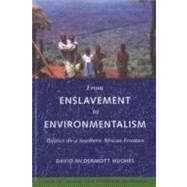
What is included with this book?
| Abbreviations | p. ix |
| Linguistic Conventions | p. xi |
| Preface | p. xiii |
| Acknowledgments | p. xv |
| Introduction: Power on African Frontiers | p. 3 |
| Colonization, Failed and Successful | p. 19 |
| Compulsory Labor and Unclaimed Land in Gogoi, Mozambique, 1862-1992 | p. 22 |
| From Clientship to Land-Grabbing in Vhimba, Zimbabwe, 1893-1990 | p. 45 |
| The Border | p. 75 |
| Refugees, Squatters, and the Politics of Land Allocation in Vhimba | p. 78 |
| Community Forestry as Land-Grabbing in Vhimba | p. 98 |
| Expatriate Loggers and Mapmakers in Gogoi | p. 122 |
| Native Questions | p. 147 |
| Open Native Reserves or None? | p. 150 |
| In Conclusion, Three Liberal Projects Reassessed | p. 186 |
| Glossary | p. 201 |
| Notes | p. 203 |
| References | p. 241 |
| Index | p. 273 |
| Table of Contents provided by Ingram. All Rights Reserved. |
The New copy of this book will include any supplemental materials advertised. Please check the title of the book to determine if it should include any access cards, study guides, lab manuals, CDs, etc.
The Used, Rental and eBook copies of this book are not guaranteed to include any supplemental materials. Typically, only the book itself is included. This is true even if the title states it includes any access cards, study guides, lab manuals, CDs, etc.